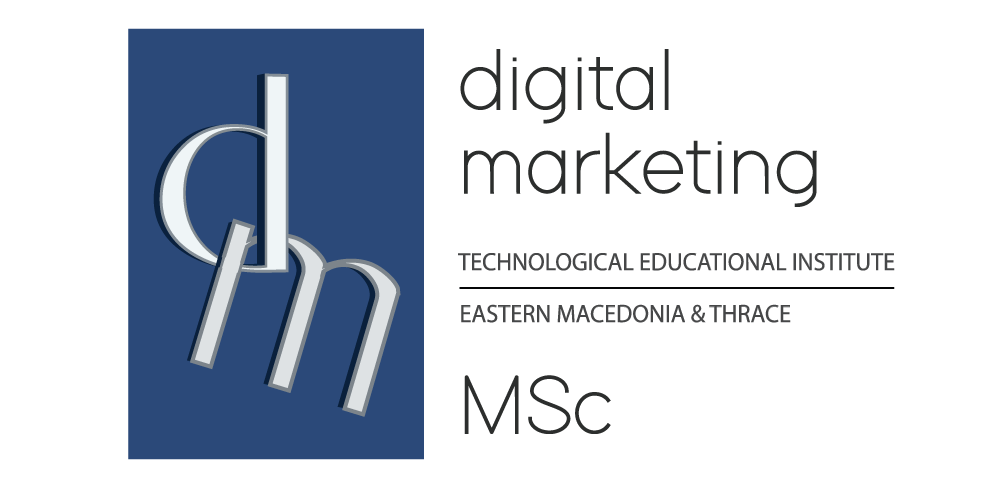- What is Bizzo and How Does It Transform Business?
- The Definition of Bizzo
- Core Principles Behind Bizzo
- Benefits of Implementing Bizzo
- Challenges in Adopting Bizzo
- How Bizzo Influences Business Strategy
- The Future of Bizzo
- Conclusion
What is Bizzo and How Does It Transform Business?
In the dynamic landscape of modern business, the term bizzo emerges as a buzzword that captures the essence of innovative growth strategies. As companies worldwide navigate the complexities of the digital age, bizzo represents a pivotal approach that integrates technology, strategy, and customer engagement. It reflects the ongoing evolution of business practices that leverage digital tools to enhance efficiency and drive profitability. Understanding the concept of bizzo is essential for entrepreneurs, business leaders, and stakeholders who wish to remain competitive in today’s fast-paced market.
At its core, bizzo lays the foundation for transforming traditional business models into agile, responsive entities capable of adapting to changing market demands. This transformation involves adopting innovative technologies, such as artificial intelligence and big data analytics, which allow businesses to make data-driven decisions. Furthermore, bizzo emphasizes the importance of customer-centric strategies, wherein organizations prioritize the needs and preferences of their clients, ultimately fostering loyalty and satisfaction.
As we explore the various dimensions of bizzo, it is crucial to analyze how this approach not only reshapes individual businesses but also contributes to the broader economic landscape. The adoption of bizzo principles enables organizations to optimize resources, streamline operations, and enhance communication both externally and internally. Through this article, we will delve deeper into the concept of bizzo and its impact on various business sectors, providing insights that can guide leaders in their strategic planning.
The Definition of Bizzo
To fully appreciate the significance of bizzo, it is imperative to first define what it entails. Essentially, bizzo can be understood as a cohesive blend of technology, strategy, and engagement. Businesses utilizing bizzo leverage the latest technologies to create streamlined processes that enhance day-to-day operations. This transformation results in improved efficiency and effectiveness, lending a competitive edge in crowded markets.
Moreover, bizzo represents a cultural shift within organizations. It fosters a mindset of innovation and adaptability, encouraging employees to embrace change and contribute to ongoing evolution. By integrating technology with strategic planning, businesses can achieve remarkable growth and optimization in their operations.
| Technology Integration | Incorporation of digital tools to streamline processes. |
| Data-Driven Decision Making | Utilizing analytics for informed strategic decisions. |
| Customer Engagement | Prioritizing customer needs to enhance satisfaction. |
Core Principles Behind Bizzo
The effectiveness of bizzo is anchored in several core principles that guide its implementation and strategy. One of the primary principles is innovation. Businesses must constantly strive to incorporate the latest technologies and methodologies to stay ahead of the competition. This requires a continuous investment in research and development to uncover new opportunities.
Another essential principle is agility. In a rapidly changing market environment, companies must be able to pivot quickly in response to feedback and new trends. This necessitates a flexible organizational structure that promotes rapid decision-making and minimizes bureaucratic hurdles.
Benefits of Implementing Bizzo
Adopting a bizzo approach can revolutionize many aspects of business, exhibiting significant benefits. First and foremost, it improves operational efficiencies through enhanced workflow processes. By leveraging cutting-edge technologies, businesses can automate repetitive tasks and reduce human error.
Additionally, the focus on customer engagement leads to heightened brand loyalty. Companies that actively listen to customer feedback and adapt their offerings accordingly are more likely to retain valuable clients and attract new ones through positive referrals.
- Enhanced Efficiency: Streamlining operations through technology.
- Increased Customer Loyalty: Prioritizing client needs fosters long-term relationships.
- Data Utilization: Making informed decisions leads to better business outcomes.
Challenges in Adopting Bizzo
While the advantages of bizzo are clear, organizations may encounter challenges during its implementation. One significant challenge is the resistance to change within the workforce. Employees may be accustomed to traditional ways of operating and may need to undergo significant training and development.
Furthermore, bizzo requires substantial investments in technology and infrastructure, which can be a barrier for smaller businesses with limited resources. It is essential for organizations to carefully consider their budgets and determine where to allocate funds for the greatest impact.
How Bizzo Influences Business Strategy
Implementing bizzo extends beyond mere operational changes; it signifies a fundamental shift in overall business strategy. Companies must rethink their strategic frameworks and prioritize digital transformation. This involves integrating technology at every level of the business, from marketing to sales and customer service.
Moreover, bizzo encourages businesses to embrace a data-centric approach, allowing organizations to leverage customer insights and market analytics to inform strategic decisions. By aligning business goals with technology capabilities, companies can develop more cohesive strategies.
- Identify Opportunities: Analyzing market trends and customer preferences.
- Streamline Operations: Implementing technology to enhance efficiency.
- Foster Innovation: Encouraging teams to propose new ideas.
The Future of Bizzo
Looking forward, the importance of bizzo in shaping the future of business cannot be overstated. As technology continues to evolve, businesses will need to adapt and innovate continually. Emerging technologies such as artificial intelligence, machine learning, and blockchain will play pivotal roles in transforming operational frameworks.
Moreover, as consumer expectations continue to rise, maintaining a customer-centric approach will be paramount. Companies must focus on building meaningful relationships with their customers and utilizing data to tailor their offerings. The continuous feedback loop will help organizations remain relevant in an ever-changing market landscape.
Conclusion
In conclusion, bizzo represents a transformative approach to modern business that integrates technology and strategic insight to foster efficiency and growth. By understanding the principles and challenges of bizzo, organizations can harness its potential to enhance their operations and improve customer relationships. As we move into a future dominated by rapid technological advancements, adopting a bizzo mindset will be essential for companies aiming to thrive in their respective industries.
